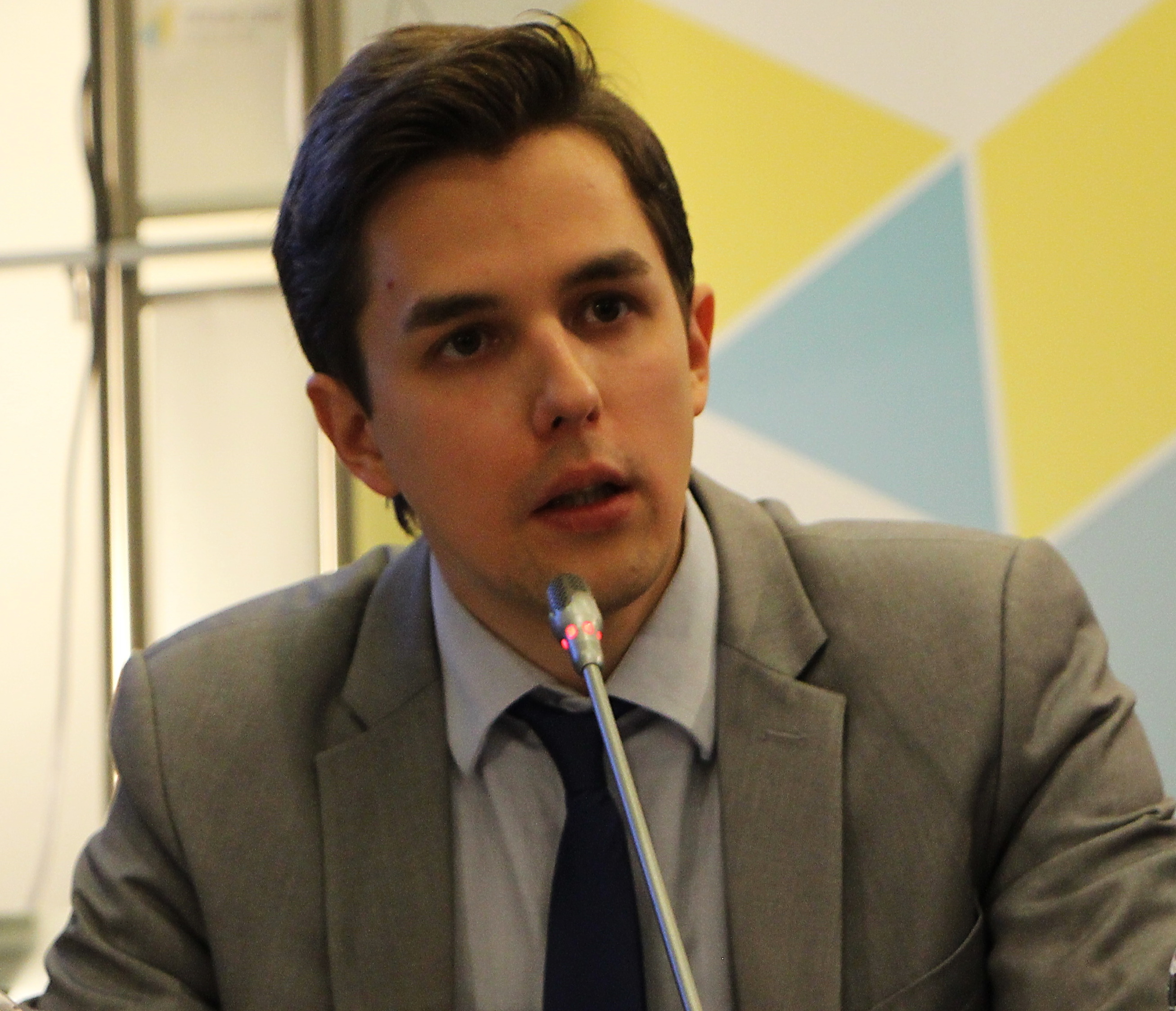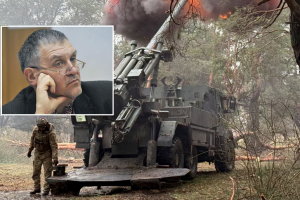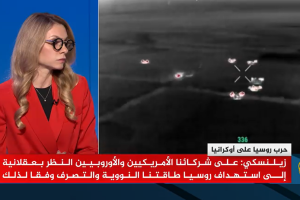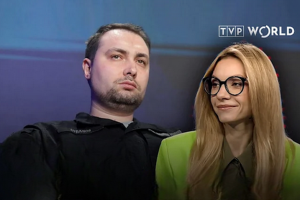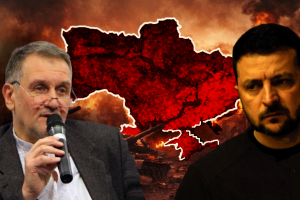An indicative reprisal or what is behind the resonant murder of Russian ex-deputy Voronenkov?
Ruslan Kermach Political analyst, Democratic Initiatives Foundation | On March 23 ex-deputy of the Russian State Duma Denys Voronenkov was shot and killed in downtown Kyiv near the luxurious Premier Palace Hotel. Voronenkov, who was granted Ukrainian citizenship, moved together with his wife Maria Maksakova, also a former deputy of the Russian parliament, to Kyiv in October 2016. From the moment Voronenkov moved to Ukraine he began harshly criticizing the Russian leadership and actively cooperating with Ukrainian law enforcement bodies. After consulting with representatives of security agencies President of Ukraine Petro Poroshenko called the attack on the Russian politician an “act of state terrorism on the part of Russia”. |
The version of the possible complicity of the Russian special services in the murder of the former Russian MP Denys Voronenkov was taken by Ukrainian law enforcement bodies as the basis for the investigation not by accident. The fact that Voronenkov worked in the Russian special services (Russian Federal Service for the Control of Drug Trafficking) and at one time was in the inner circle of the upper echelon of power in Russia prior to his move to Ukraine could indirectly point to the serious concerns of Moscow about the activeness of the defector to Ukraine and, in particular, his potential capacity to shed light on those crimes in which the higher political leadership of Russia was complicit.
It was also widely known that the recently murdered Voronenkov actively collaborated over the past several months with Ukrainian investigative bodies and seemingly provided the Prosecutor General’s Office of Ukraine with valuable testimony in the affair concerning the state treason of former Ukrainian President Viktor Yanukovych. Thus his face-to-face testimony could have had certain significance for Ukraine’s law enforcement bodies within the framework of a judicial review of the respective case, while for the Russian authorities the activity in Ukraine of an ex-deputy fugitive who was sufficiently aware of matters in the Russian “power kitchen” could have been a major irritant or even a threat to state interests. In short, Voronenkov was not simply an ordinary ex-deputy of the Russian State Duma, but once an important representative of the elite caste of the Russian special services.
Alongside that, the reputation of Voronenkov, who according to certain testimonies during the times he lived in Russia was mixed up in different forms of financial racketeering schemes, also gives certain grounds to assume that the motives for his murder could have been much more prosaic and were directly connected to his financial machinations in his homeland the responsibility for which he decided to evade by taking shelter in Ukraine. As is known, in Moscow investigations were being conducted against Voronenkov in connection with the seizure of buildings through raid tactics. Therefore, a whole band of agents whose roads the former Russian high-standing official may have crossed in his time could potentially have existed. In addition to that, many today express a totally fair presumption that precisely this interpretation of the motives for the sensational murder could be convenient for the Russian authorities in order to divert main suspicion from themselves. Be that as it may, such a version cannot be totally ruled out at the current stage.
Regardless of the real motives for the murder of the former Russian deputy-émigré Voronenkov, there is practically no doubt that the Kremlin will try to gain additional political benefits from this episode. On the one hand, the fact itself that committing such a provocative murder right in the heart of the Ukrainian capital directly undermines the trust in Ukraine’s law enforcement bodies and forces us once again to doubt their capability of effectively counteracting sabotage terrorist activity of the Russian special services or common criminals on the territory of Ukraine. Further, this resounding murder could become a reason for potential political emigrants from Russia to never again dare to choose Ukraine as a safe place for political asylum. This, in turn, limits the potential circle of key witnesses accessible by Ukrainian investigative bodies in the context of investigations into those or other crimes in which Russian officials are or might be complicit.
On the other hand, the resonance and publicity of reprisals against once fairly influential representatives of the Russian power system became a strong signal or even a warning sign for the current representatives of the close to Kremlin political elite or special services who could potentially consider the possible variants of a “way out of the game” or political emigration from Russia for one reason or another. In this way a sensational murder case can at best serve the aim of the Kremlin to consolidate its own “shaky” representatives of the political elite in conditions of the instability or the possible weakening of the Russian political regime in the future.

